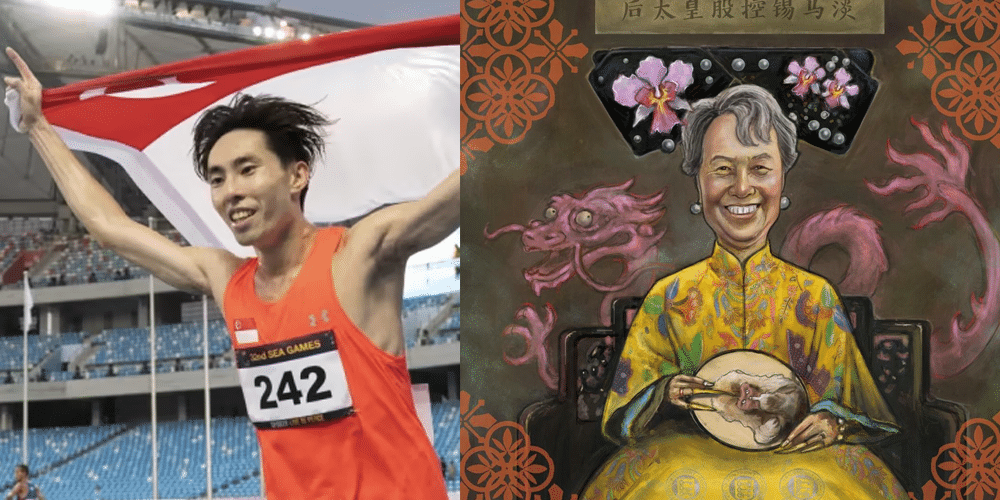The last thing we want is a referee kayu for a President
Augustine Low questions Presidential candidate Tharman Shanmugaratnam’s football referee analogy with concerns arising about potential bias given his long-standing affiliation with the People’s Action Party. Low argues that Singapore needs an independent President who serves the people, not their former party.












